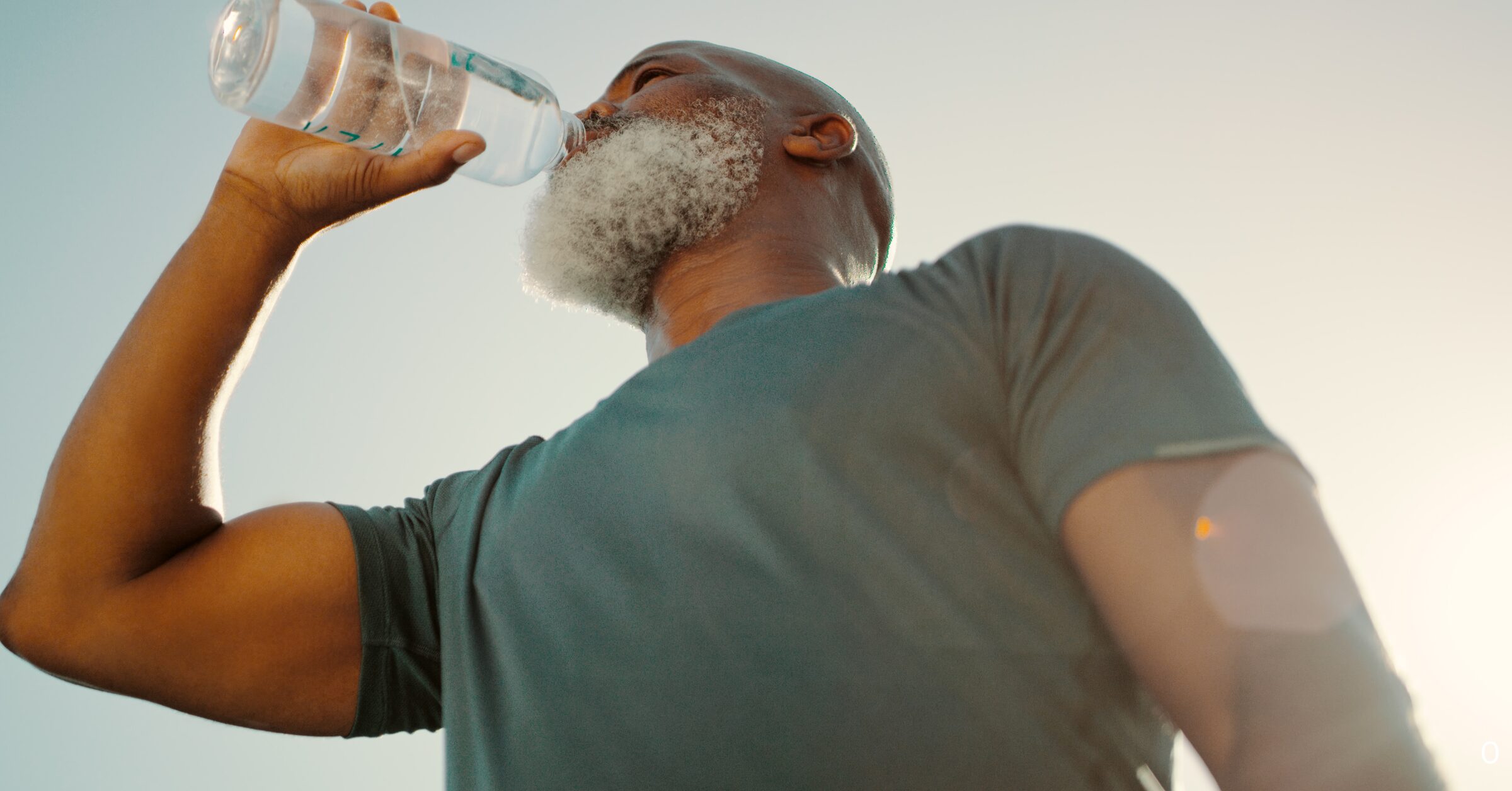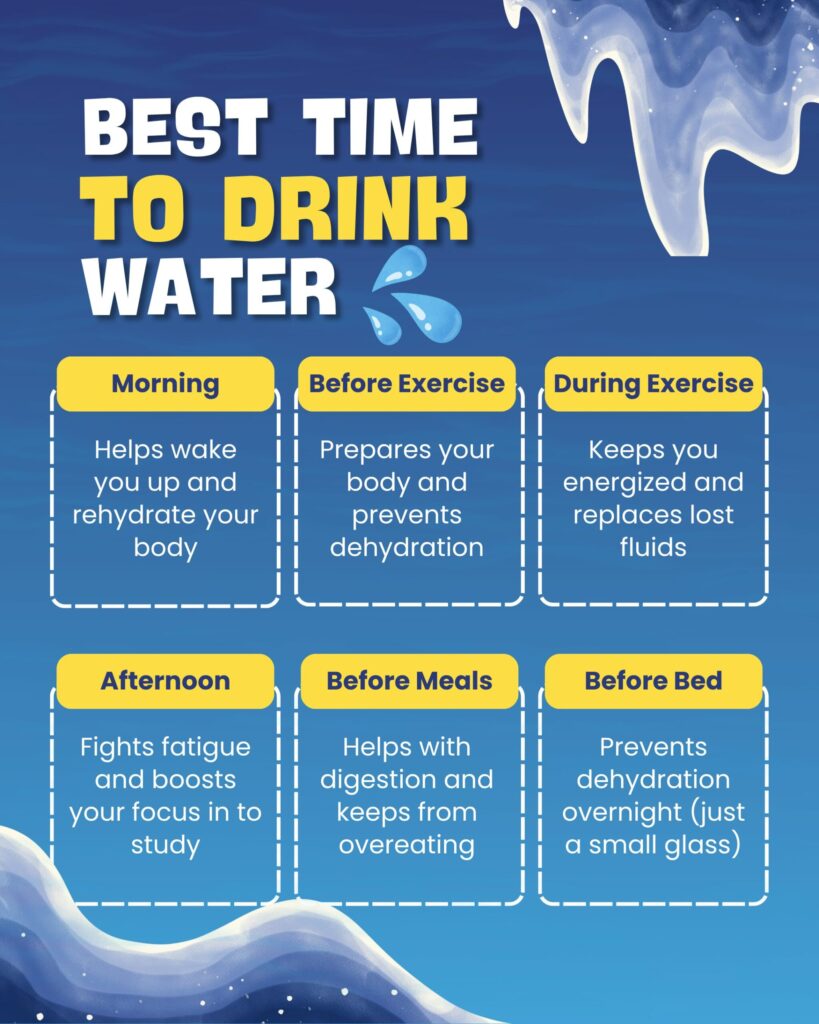

Whether you’re teeing off at sunrise, or walking from your car to the Clubhouse, one thing is constant in SW FL: the heat. While most of us know to carry a water bottle, we may not understand the full picture when it comes to hydration’s wide-ranging impact on our overall health.
Why hydration is crucial
We are made up of roughly 55-65% water. A drop in fluid level of only 2% can have a far-reaching impact on our performance and how we feel. As we get older, our bodies hold less water, our thirst signals become weaker, and we’re more likely to be on medications that can affect fluid balance. Add summer temperatures and a round of golf? You’ve got a recipe for dehydration.
Here’s how hydration supports overall health
• Cognitive Function: Even mild dehydration can cause fatigue, brain fog, slower reaction times, and poor focus, which is not ideal for your golf swing or social life.
• Joint and Muscle Health: Water keeps cartilage soft, and joints lubricated. Dehydration can lead to stiff joints, cramps, or worsening arthritis symptoms.
• Heart and Kidney Function: Hydration helps regulate blood pressure and supports healthy kidney function, including flushing out toxins.
• Sleep and Energy: Proper hydration reduces nighttime leg cramps, helps maintain stable energy, and may even improve mood.
Dehydration vs. overhydration: the sweet spot

It’s not just about drinking more … it’s about drinking intelligently. Both hyponatremia (low sodium) and hypernatremia (high sodium) can be dangerous.
• Dehydration / Hypernatremia (Too little fluid): Headache, dizziness, dry skin, dark urine, constipation, fatigue, low blood pressure, rapid heart rate.
• Overhydration / Hyponatremia (Too much water, not enough salt): Nausea, confusion, muscle weakness, irritability, in severe cases, seizures or coma.
Practical tips for staying well hydrated
• Start your day with water — before coffee.
• Aim for 6–10 cups per day, more when sweating or active. (Each person’s needs vary.)
• Include electrolyte-rich fluids like coconut water, low-sugar hydration powders (e.g., LMNT, DripDrop), or broths.
• Eat water-rich foods like cucumbers, berries, melons, oranges, and soups.
• Watch urine color: Pale yellow = hydrated. Dark = drink more. Crystal-clear consistency? You may be overdoing it.
• Don’t rely on thirst alone. Keep a bottle with you and sip regularly.
Insert PDF here
Should you supplement electrolytes?
Older adults are particularly vulnerable to electrolyte imbalance, especially when sweating, taking diuretics, or drinking excessive plain water without minerals. When we sweat, we don’t just lose water – we lose sodium, potassium, and magnesium which are all vital to all the processes in our body. It’s important that we put these electrolytes back into our system. If, instead, we simply drink a lot of water, the low balance of sodium to water in our blood will cause the tissue of our body to absorb all this excess water, creating the life-threatening condition of Hyponatremia.
You should consider supplementing electrolytes if you:
• Sweat heavily (golfers, pickleball players, etc.)
• Take blood pressure or diuretic meds
• Have muscle cramps or frequent fatigue
Remember to avoid sugary sports drinks. Look for products with minimal additives and a balance of electrolytes — not just sugar and salt. Hydration packets are available at most grocery stores.
Final thought: hydration is a daily habit
Think of hydration like sleep: it works best when it’s consistent. A little here and there won’t cut it, and you can’t “catch up” on water all at once. Your body performs best when you’re hydrated every day. Even on days when you’re not on the course, court, or gym equipment.
Let’s raise a glass (of water) to better energy, healthier joints, and a sharper mind!






